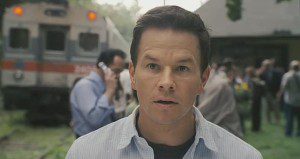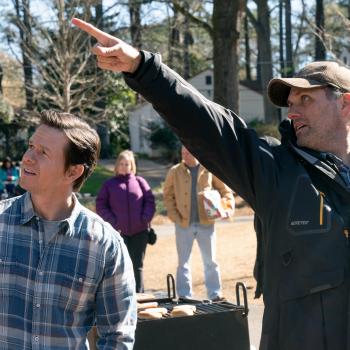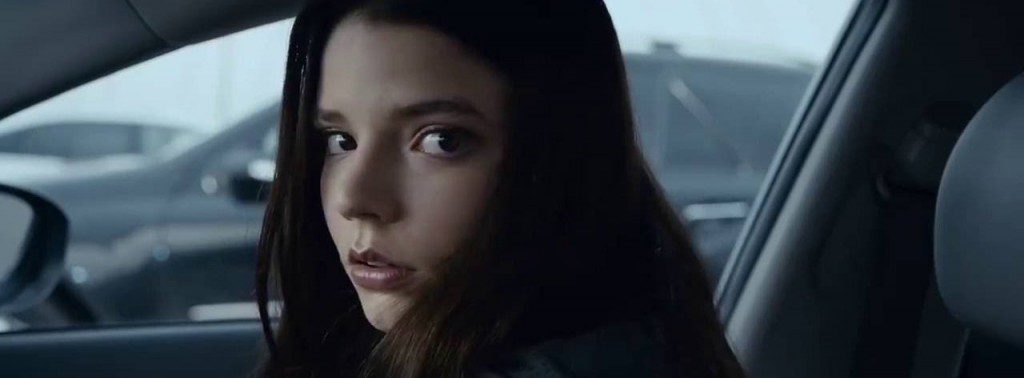 IT’S a common mistake, but still worth noting: Contrary to what many people seem to think, The Sixth Sense was not M. Night Shyamalan’s first movie.
IT’S a common mistake, but still worth noting: Contrary to what many people seem to think, The Sixth Sense was not M. Night Shyamalan’s first movie.
It was, in fact, his third. But virtually no one had seen his first film, Praying with Anger (still not available on DVD), or his second film, Wide Awake (with Rosie O’Donnell as a nun who really likes baseball).
So when The Sixth Sense came out in the summer of 1999 and wowed audiences with its deeply felt drama and its shocking twist ending — becoming such a big word-of-mouth hit that, for the next couple years, it was one of the top 10 films of all time at the North American box office — it was easy for many people to treat the film as though it marked the debut of a brilliant and brand-new talent.
Many fans have been reluctant to let go of the notion that Shyamalan is a genius, even as his films have slipped back down the quality ladder and have become increasingly silly.
But it is not too hard to see why his films — including his most recent effort, The Happening — have been appealing to some viewers, especially those of a Christian persuasion. From the beginning, they have touched on significant questions regarding faith, destiny and the world of the spirit.
Wide Awake — a syrupy little film I reviewed in BCCN way back in 1998 — concerns a boy who goes looking for God in all the major religions after his grandfather dies.
The Sixth Sense is a ghost story which powerfully illustrates the truth that perfect love can cast out fear.
Unbreakable, which came out right on the cusp of the current comic book craze, asked what an all-too-fallible man might do with his gifts if he discovered that he had a sort of, well, superpower.
Shyamalan’s storytelling took a turn for the worse again with Signs, though many were able to overlook the bad theology and major plot holes simply because it was a Hollywood film about trusting that there is a God, and that he has a plan for you even when bad things happen to you.
By the time he made The Village, Shyamalan’s stories had begun to seem like poorly designed contrivances, designed with nothing more than a twist ending in mind — unlike The Sixth Sense, where the story had worked powerfully as a simple drama well before the final twist took things to an even deeper level.
And then there was The Lady in the Water, a stunning display of directorial ego which eschewed anything remotely resembling a coherent plot, in favour of a slapdash fairy tale in which Shyamalan himself played a writer whose works, it is prophesied, will inspire some future messianic politician to do great and wonderful things.
Or would they be inspiring the Anti-christ? Given that the writer played by Shyamalan is writing a text called The Cookbook — a possible reference to a Twilight Zone episode, in which aliens pretend to bring peace on earth while actually plotting to serve humans as dinner — it is tempting to think Shyamalan was hinting at something more subversive. But the film offers no other clues in that direction.
Still, at least The Lady in the Water had great music, great cinematography and at least one great performance, courtesy of Paul Giamatti. But, with the possible exception of the music provided by James Newton Howard, Shyamalan’s newest film, The Happening, doesn’t even have that much going for it.
The new film stars Mark Wahlberg as Elliot Moore, a science teacher who tells his students there are forces at work in this world that we simply cannot explain, no matter how many scientific theories we create to try to account for them.
Lo and behold, one of those forces begins to act up, as plants and trees release a toxin into the air that causes people to kill themselves in gruesome ways. (The film is rated 14-A in B.C., but in the United States it is Shyamalan’s first R-rated movie.) Human beings have damaged the earth — and now, it seems, the earth is fighting back.
It has been interesting to watch the pundits react to this film. Some think it is essentially right-wing because it supports the ‘intelligent design’ approach which emphasizes that all scientific explanations are, as Elliot puts it, just theories. Others think it is essentially left-wing because it argues human beings are bad for the planet, and the environment would be much better off without us.
But it is difficult to get worked up about this film one way or the other when it is so badly written, poorly plotted and clumsily directed, and when it turns some otherwise fine actors into kooky caricatures of themselves. Pardon the play on the film’s title, but whatever talents Shyamalan once had, they simply aren’t happening any more.
— A version of this review was first published in BC Christian News.












